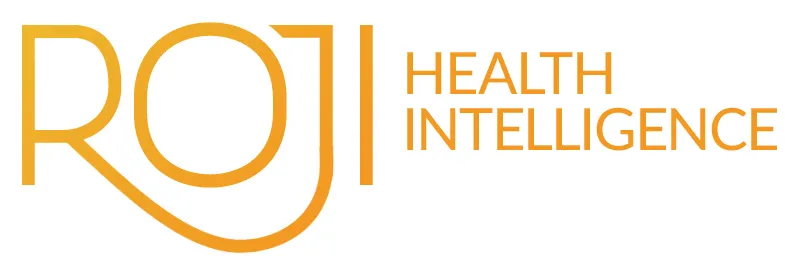At first glance, CMS’s recently released 2022 QPP Experience Report (PDF) seems reassuring, because the majority of clinicians avoided financial penalties under MIPS. Don’t be fooled! While overall success and failure rates in the report may lead you to conclude that merely participating in the QPP (either in MIPS or as an APM) is enough […]
How Your ACO Can Optimize APP Reporting Using Medicare CQMs
ACOs just gained a reprieve from implementing all-patient APP quality reporting in 2024. A provision in CMS’s Physician Fee Schedule Final Rule, which goes into effect on January 1, 2024, enables ACOs to report on Medicare patients only, based on CMS provision of eligible patient lists for three APP measures. If your ACO decides to […]
The 2024 CMS PFS Final Rule: Post-PHE, Value-Based Care Returns to the Forefront
The 2024 Physician Fee Schedule Final Rule—all 2,709 pages worth—was released on November 3, and the significance of the “Post-COVID” rule cannot be understated. With the Public Health Emergency expiring earlier this year, these finalized policies are intended to get the proverbial train back on its tracks, following the massive derailment in March 2020. Although […]
Jumpstart ACO Health Equity with Data-Based Collaborative Initiatives
Ever since the first pandemic data revealed the enormous cost of health inequities, the pressing question of how to rectify unfair access to quality health care has become a major policy discussion. Now the debate is turning to action, as the first Value-based Payment Model to address health equity comes online. ACO REACH is Medicare’s […]
5 Key Health Care Trends to Watch for in 2023
After an intense few years in health care, will 2023 deliver more punches? While 2022 was dubbed a COVID “recovery” year, as patient volume rebounded, health care staffing shortages festered. Burnout prompted physicians to retire, sell practices to corporate owners, or leave traditional health care for other employment. Simply put, 2022 was short on recovery […]
No Worries About ACO APP! It’s Your Pathway to Improvement
With the release of the 2023 Physician Fee Schedule Final Rule, CMS upheld its commitment to sunset its Web Interface for ACO quality reporting after 2024. Beginning in 2025, ACOs will be required to report through the Alternate Payment Model Performance Pathway, or APP. Some have expressed concerns about the APP. But this new reporting […]
2023 PFS Final Rule: 8 Key Strategies that Boost New ACOs and Increase Health Care Access
It’s here. The 2023 CMS Physician Fee Schedule Final Rule has been released, and in a mere 3,304 pages, CMS has largely finalized its proposals from over the summer. To save you from pouring through all the minutiae, here’s what you need to know. Overall, in this Final Rule, CMS has codified principles to fulfill […]
CMS 2023 Proposed Rule Accelerates ACOs, MVPs
CMS just set off summer fireworks, amping up incentives to adopt Value-Based Care in its just-released, 2,066-page 2023 Proposed Physician Fee Schedule Rule. By encouraging formation of new ACOs, the Proposed Rule establishes a pathway to expand beneficiaries’ access to accountable care. Last year, CMS committed that every Medicare beneficiary will be in an accountable […]
The 2022 CMS PFS and QPP Final Rule: A Warning Shot to Provider Holdouts of Value-Based APMs
CMS has released the 2022 Physician Fee Schedule and Quality Payment Program (QPP) Final Rule, and the message of these 2,414 pages is clear: CMS wants to push providers into value-based care arrangements. That intent was foreshadowed by the Proposed Rule released over the summer, which confirmed our predictions of trends under the Biden administration. […]
The 2022 CMS PFS and QPP Proposed Rule: 7 Things to Know
After the 2020 election, we predicted seven trends to expect in Value-Based Care. Our forecasts were right on track. Last week the Biden Administration released its first Physician Fee Schedule and Quality Payment Program Proposed Rule, a 1,747-page document that promotes restructured value-based care initiatives. As we predicted, it recognizes both a significant health equity […]










